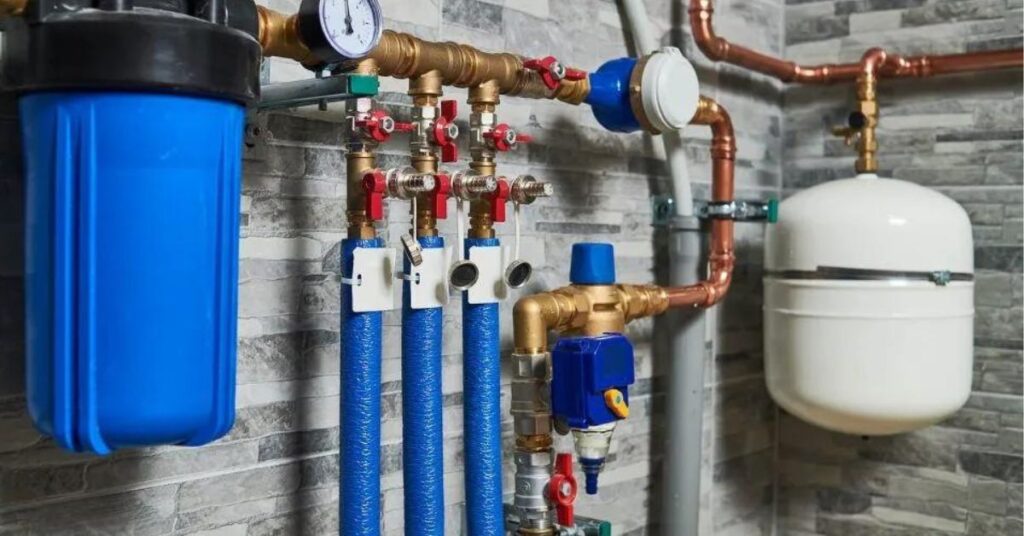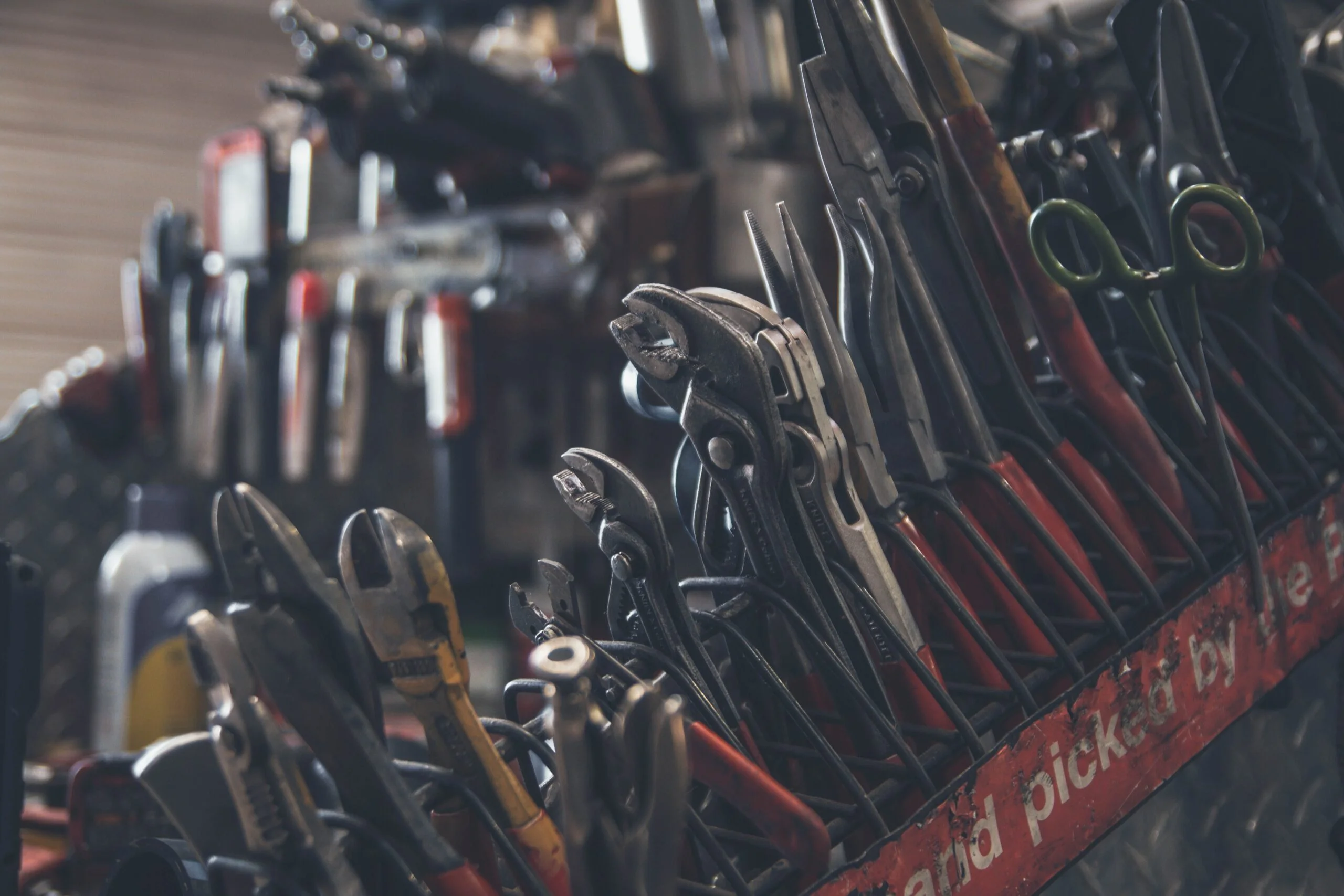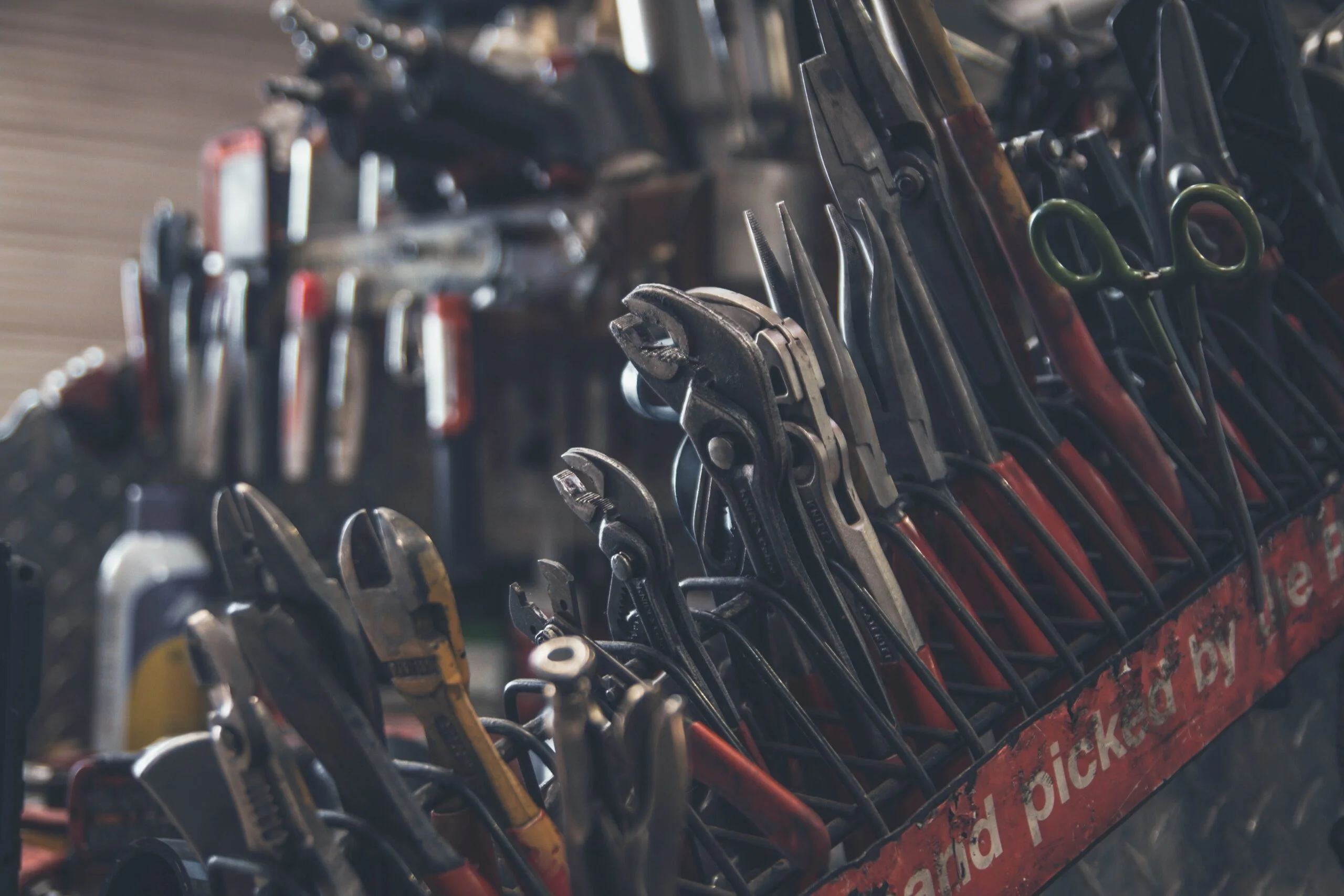Copper plumbing has been a trusted choice for residential and commercial properties for decades. Known for its durability and reliability, copper pipes are often seen as a long-term investment in plumbing infrastructure. But just how long can you expect your copper plumbing to last? In this comprehensive guide, we’ll explore how long does copper plumbing last, factors that affect its longevity, and tips for maintaining it. Let’s get started.
How Long Does Copper Plumbing Last?
Copper plumbing is renowned for its impressive lifespan, often lasting between 50 to 70 years, and in some cases, even longer. This longevity is one of the key reasons why copper pipes remain a popular choice for plumbing in both residential and commercial settings. The durability of copper plumbing is attributed to its resistance to corrosion, ability to handle high water pressure, and overall robustness.
However, the actual lifespan of copper plumbing can vary based on several factors:
Water Quality
Water with high acidity or low pH can corrode copper pipes more quickly, leading to a shorter lifespan. Conversely, water that is too hard, with high mineral content, can cause scale buildup inside the pipes, potentially reducing their efficiency and lifespan.
Installation Quality
Proper installation is crucial for ensuring the longevity of copper pipes. Poorly executed installations, such as improper soldering of joints or incorrect fittings, can result in leaks and other issues that may shorten the life of the plumbing system.
Environmental Conditions
External environmental factors, such as the type of soil in which underground pipes are buried or exposure to extreme temperature fluctuations, can impact the lifespan of copper plumbing. Soil with high sulfur content, for example, can accelerate the corrosion of copper pipes.
Maintenance
Regular maintenance and inspections can help identify potential issues early on, such as leaks or signs of corrosion. Addressing these problems promptly can extend the life of copper plumbing significantly.
Benefits of Copper Plumbing
Despite the potential challenges, copper plumbing offers several advantages:
- Copper is resistant to corrosion and can withstand high water pressure, making it ideal for long-term use.
- Copper pipes are biostatic, meaning they inhibit the growth of bacteria. This makes them a safe option for drinking water.
- Copper is a recyclable material, making it an environmentally friendly choice.
- Copper can withstand high temperatures, which is particularly beneficial for hot water lines.
Signs Your Copper Plumbing Needs Attention
Even though copper pipes are durable, they can still develop problems over time. Here are some signs that your copper plumbing may need attention:
- If you notice blue or greenish water coming from your taps, it could indicate copper corrosion.
- Pinhole leaks are a common issue with aging copper pipes. Regularly check for damp spots on walls, ceilings, and floors.
- A drop in water pressure might indicate a buildup of scale or sediment inside the pipes.
- If your water has a metallic taste, it could be a sign of copper pipe corrosion.
Maintaining Copper Plumbing
Proper maintenance can help extend the life of your copper plumbing:
- Schedule annual inspections with a professional plumber to check for signs of wear and tear.
- If your water is particularly hard or acidic, consider installing a water treatment system to mitigate its impact on your pipes.
- Ensure your home’s water pressure is within the recommended range (40-60 psi). High pressure can stress copper pipes.
- Insulating exposed pipes can help prevent damage from temperature fluctuations.
Alternatives to Copper Plumbing
While copper is a reliable choice, it’s worth considering other plumbing materials, especially if you’re installing new plumbing or replacing old pipes:
- PEX (Cross-Linked Polyethylene)
- PEX is flexible, easy to install, and resistant to scale and chlorine. It’s a popular alternative to copper, particularly in new constructions.
- PVC (Polyvinyl Chloride)
- PVC pipes are durable, lightweight, and resistant to corrosion. However, they are typically used for waste lines rather than potable water.
- CPVC (Chlorinated Polyvinyl Chloride)
- CPVC can handle higher temperatures than regular PVC and is used for hot and cold water lines.
Read More: How To Protect HVAC In Winter?
Conclusion
Copper plumbing is a reliable and durable choice that can serve your home for many decades. By understanding the factors that affect its lifespan and taking proactive steps to maintain it, you can ensure that your copper pipes remain in good condition for years to come. Regular inspections, water treatment, and mindful installation practices are key to maximizing the life of your copper plumbing.


